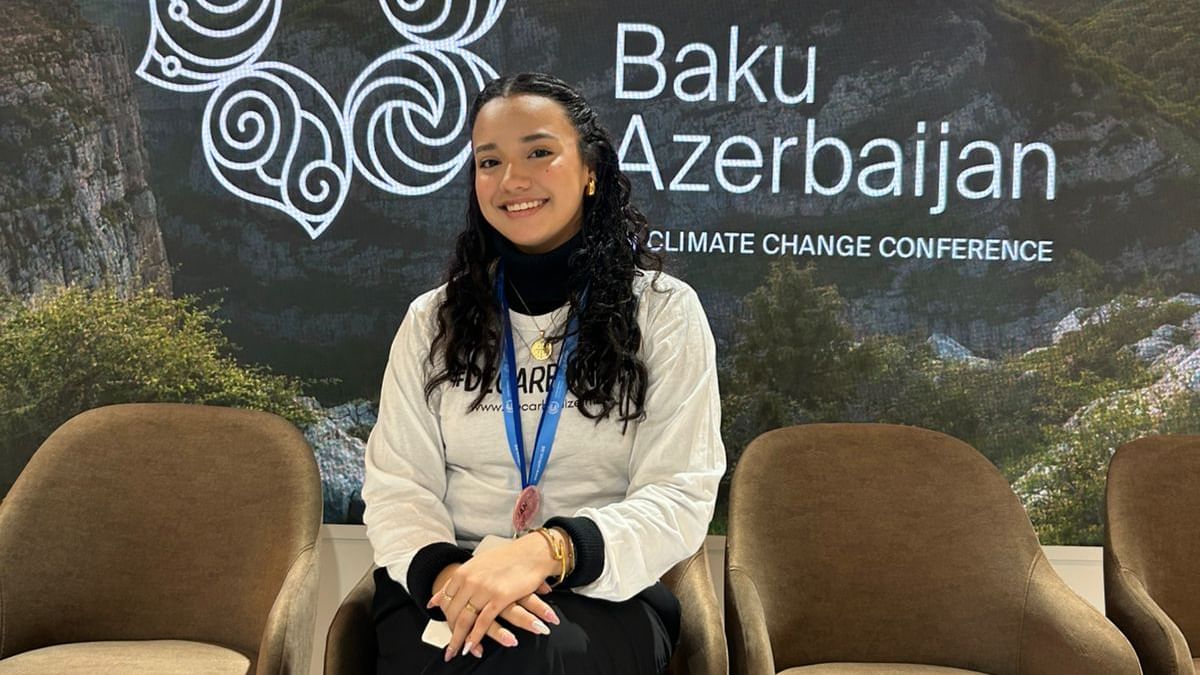5 Reasons Why Youth and Education Are Important in Strengthening Global Climate Action: The Future of Our Earth
At COP 29 held in Baku, Azerbaijan, this year, a 17-year-old from Nicoya, Janina Guevara Flores, a student at the Colegio Humanístico Costarricense, Campus Nicoya, participated in the #Decarbonize program. Youth from 70 countries presented a "Global Manifesto" at this event, outlining their climate concerns and proposals. In addition to being the only Costa Rican to lend her voice to this global platform, she had the incredible opportunity to actively participate in the "Blue Zone," where professional specialists debated and agreed upon concrete measures to combat the climate crisis we are currently facing.
This example of global collaboration through programs allows youth to connect with peers from different cultures and countries, share ideas, and exchange best practices to strengthen global climate action. The valuable contribution of this young woman from Guanacaste prompts us to reflect on the devastating effects we are facing worldwide. Now more than ever, the voices of younger generations must inspire and impact action, closely tied to the importance of education for the following reasons:
1. Need for Young Leaders of Tomorrow: There is an urgent need to train leaders on climate change for future political, economic, and social decision-making. Decision-making must be informed, technically and scientifically.
2. Importance of Intergenerational Responsibility: Promoting education on global climate action helps the new generations understand their responsibility and role in the urgent need to act and protect the planet.
3. Awareness, Sensitization, and Activism: Education on sustainability and regenerative development raises awareness about climate challenges and activates social movements and actions that influence decision-making.
4. Community Change Agents: Youth are increasingly connected through technology, facilitating their ability to mobilize ideas within communities and motivate collective changes more quickly in response to the urgency of climate action.
5. Technology and Artificial Intelligence for Innovation and Creativity: Young people were born and raised in the technological era, which, when applied through disruptive thinking, fresh perspectives, and creative approaches, can address the challenging climate change issues.
Costa Rica and the world demand access to quality education and opportunities to train informed and engaged youth who will be the future change agents vital in promoting climate justice. Every change agent is the voice of a generation deeply concerned about the future of the Earth. We need millions of voices to limit the increase in global temperature to less than 1.5 degrees Celsius. Only through EDUCATION can we multiply a more conscious lifestyle in humanity.
